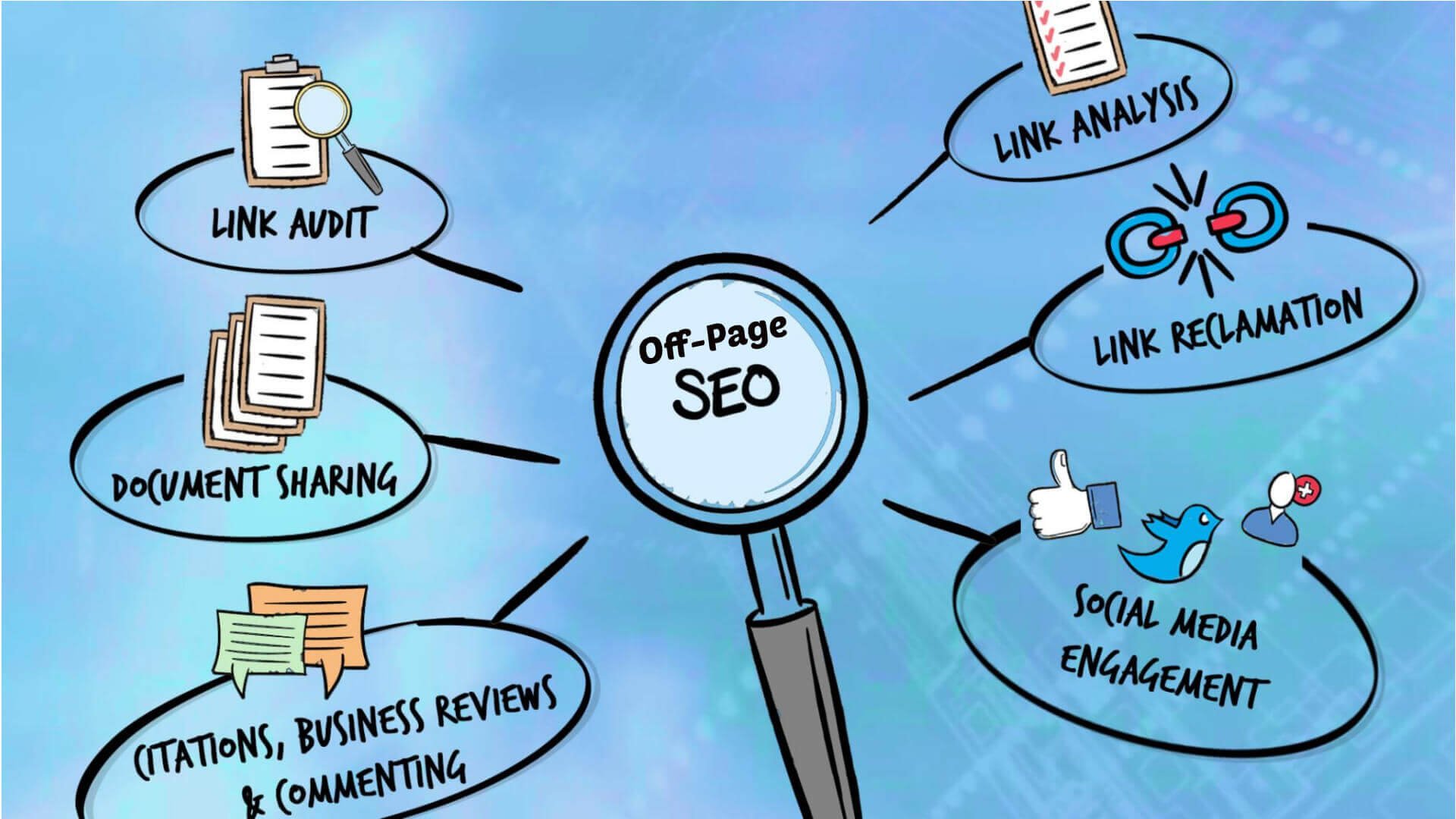You can tackle five key technical SEO issues to significantly enhance your website’s visibility and search engine rankings. Start by resolving duplicate content issues by using rel=canonical links and 301 redirects to indicate the original page to search engines. Next, fix poor mobile user experience by optimizing your site with responsive design and ensuring fast loading times. Remove shady link building tactics by conducting a backlink analysis and disavowing unnatural backlinks. Improving your website’s navigation structure and optimizing images for search engines can also have a major impact. By addressing these issues, you’ll be well on your way to unlocking improved SEO performance.
Resolving Duplicate Content Issues
When you’ve got duplicate content lurking on your site, it’s not just a minor issue – it’s a traffic-stealing, ranking-wrecking problem that needs your attention ASAP. Duplicate content issues can lead to indexing issues and traffic losses, ultimately hurting your search rankings.
To tackle this, you’ll want to focus on creating unique content that adds value to your site. But what about existing duplicates? That’s where rel=canonical links and 301 redirects come in. These tools help search engines understand which version of a page is the original, ensuring the right content appears in search engine results.
To identify duplicate content on your site, use a tool like Semrush’s Site Audit. This will give you a clear picture of what needs fixing. Once you’ve pinpointed the problem areas, resolve them promptly to prevent further damage.
Fixing Poor Mobile User Experience

Now that you’ve addressed duplicate content issues, it’s time to shift your focus to another traffic-killer: poor mobile user experience, which can lead to high bounce rates and negatively impact your site’s overall performance. You’ve got to make sure that your site is optimized for mobile users, and responsive design is the way to go. This approach guarantees that your content is delivered consistently across different devices, providing a seamless user experience.
Separate mobile sites can be a recipe for disaster, splitting link equity and causing maintenance issues that can harm your SEO. Instead, concentrate on creating a responsive design that adapts to different screen sizes and devices.
Fast loading times are also essential for mobile SEO, as users expect websites to load quickly on their mobile devices. Be cautious of Google’s suspicion of sites with different content for different devices, as this can impact your search rankings.
Removing Shady Link Building Tactics

Your site’s search rankings and reputation are at risk if you’re engaging in shady link building methods, which can trigger penalties from search engines like Google. The Penguin updates specifically target sites that engage in questionable link building practices, making it important to analyze your backlinks and verify they are natural, diverse, and relevant.
| Link Building Methods | Impact on Search Rankings |
|---|---|
| Natural, diverse, and relevant backlinks | Improve search rankings and credibility |
| Unnatural, manipulative backlinks | Trigger penalties and harm reputation |
| Disavowing questionable backlinks | Prevents penalties and maintains credibility |
Conduct a thorough backlink analysis to identify and disavow any unnatural backlinks that can negatively impact your site’s visibility in search results. Focus on acquiring high-quality backlinks from authoritative sources to improve your search rankings and reputation. By removing shady link building methods and emphasizing natural, diverse, and relevant backlinks, you can ensure a healthier online presence and avoid penalties from search engines. Prioritize quality over quantity and invest in legitimate link building strategies to drive long-term success for your website.
Improving Website Navigation Structure

A well-crafted website navigation structure is crucial for enhancing user experience and facilitating efficient crawling and indexing by search engines, ultimately enhancing your website’s visibility and SEO performance.
When you create a clear and intuitive navigation structure, you’re not only aiding users in finding what they need quickly, but also making it simpler for search engines to crawl and index your site, which results in better visibility in search results.
To achieve this, start by organizing your navigation menus into logical categories and subcategories that make sense to your users. Implementing breadcrumbs and site maps can also offer users easy ways to backtrack or explore related content, decreasing bounce rates and enhancing engagement.
Don’t forget to prioritize mobile-responsive navigation to guarantee a smooth user experience across devices. Google PageSpeed Insights can assist you in identifying areas for improvement.
Optimizing Images for Search Engines

Having streamlined your website’s navigation to enhance user experience and search engine crawlability, it’s time to turn your attention to another often-overlooked yet high-impact SEO element: image optimization.
You’ll want to make sure every image on your site has descriptive alt text, which provides context for search engines and improves image visibility in search results. But that’s not all – compressing images is also essential, as it optimizes site speed, a key factor in SEO rankings.
Don’t let broken images drag down your user experience, either; rectify them promptly to maintain a seamless interaction with your audience.
As you balance aesthetics with SEO, remember to pair images with proper text elements to enhance image visibility. Assign descriptive alt text to every image, giving search engines a clearer understanding of your content. By doing so, you’ll not only enhance your site’s accessibility but also give your SEO rankings a welcome boost.
To Recap
You’ve made it through the trenches of technical SEO issues and come out the other side. Ironically, it’s the tiny cracks in your website’s foundation that can cause the most damage.
By resolving duplicate content issues, fixing mobile user experience, removing shady links, improving navigation, and optimizing images, you’ve effectively patched those holes.
Now, your website’s solid foundation will withstand the ever-changing search landscape, and your rankings will thank you.








